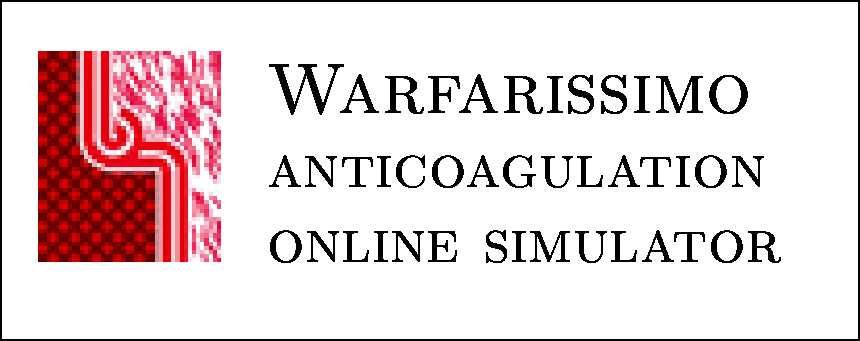
Warfarin and diet.
Dietary changes will impact INR values by a number of mechanisms:
- changes in Vitamin K input, for example an increase if leafy or other green vegetables (in particular: spinach, broccoli) are eaten in substantial quantities
- changes in the input of fats that are involved in the transport of Vitamin K from the gut
Warfarin acts by blocking an enzyme that recycles used (oxidized) vitamin K, thus if fresh vitamin K is eaten in quantity, the effect of the drug will be temporarily irrelevant.
A relevant risk is that an INR is obtained during this interval, found outside of range, and the dosage is adjusted as it is considered to be inadequate (although, in fact, it was just a temporary fluctuation). Thus, the new dosage will be inadequate most of the time of the patient.
Some people have seasonal changes in their diet--for example if they follow long fasting periods--and if these changes are associated with changes in daily vitamin K intake the warfarin dosage needs to be changed over the period.
A very low daily intake of vitamin K is the cause of high sensitivity to warfarin and is also associated with unstable INR values--that may be corrected by administering a small amount of vitamin K daily.
*We will only use your e-mail address to answer your message.
(c) 2005 A.D. Corlan







